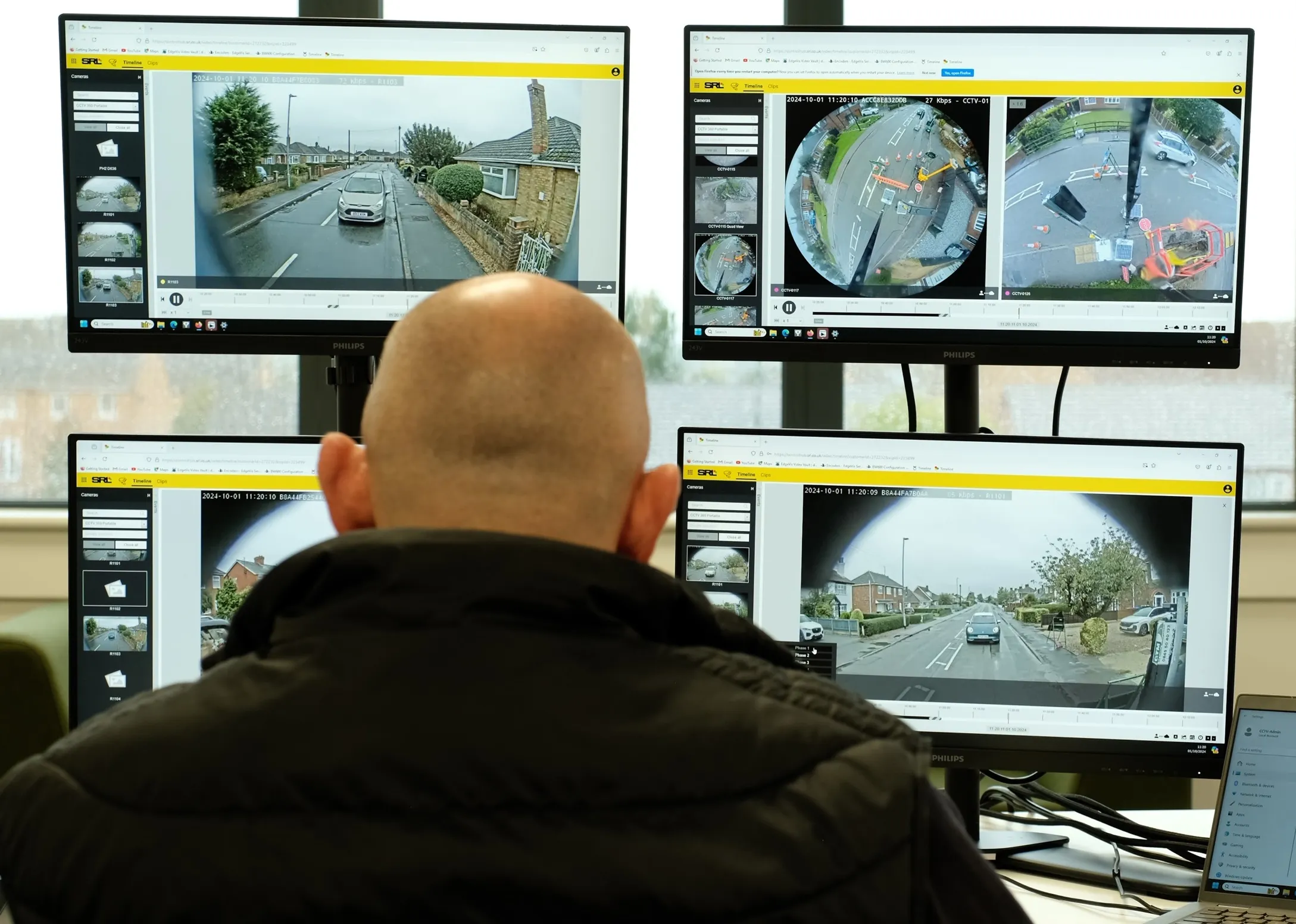Quake Global has announce that Iridium Communicationsd has certified its Q4000 modem, the latest addition to the company’s extensive modem portfolio for asset tracking and remote two-way communications. Only the size of a smart phone, the Q4000 has the ability to determine the optimal transmission method, whether satellite or terrestrial. It also enables application features such as remote predictive maintenance, event logging, geo-fencing, DOT compliance and GPS tracking.
April 10, 2012
Read time: 1 min
Only the size of a smart phone, the Q4000 has the ability to determine the optimal transmission method, whether satellite or terrestrial. It also enables application features such as remote predictive maintenance, event logging, geo-fencing, DOT compliance and GPS tracking.









